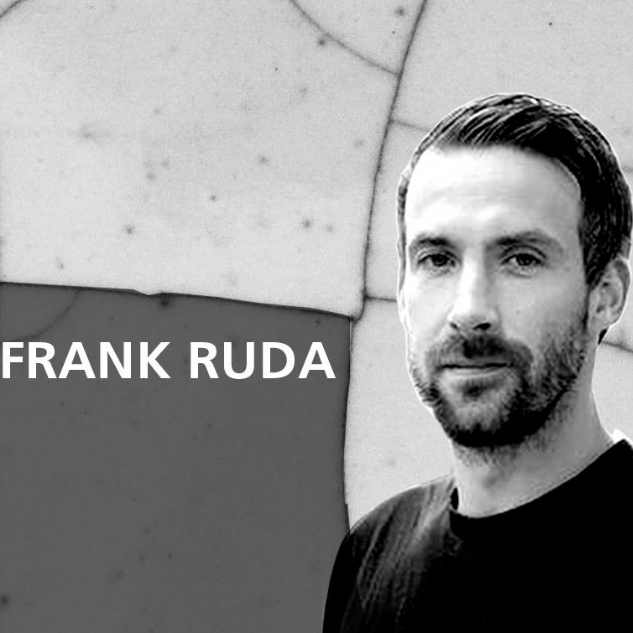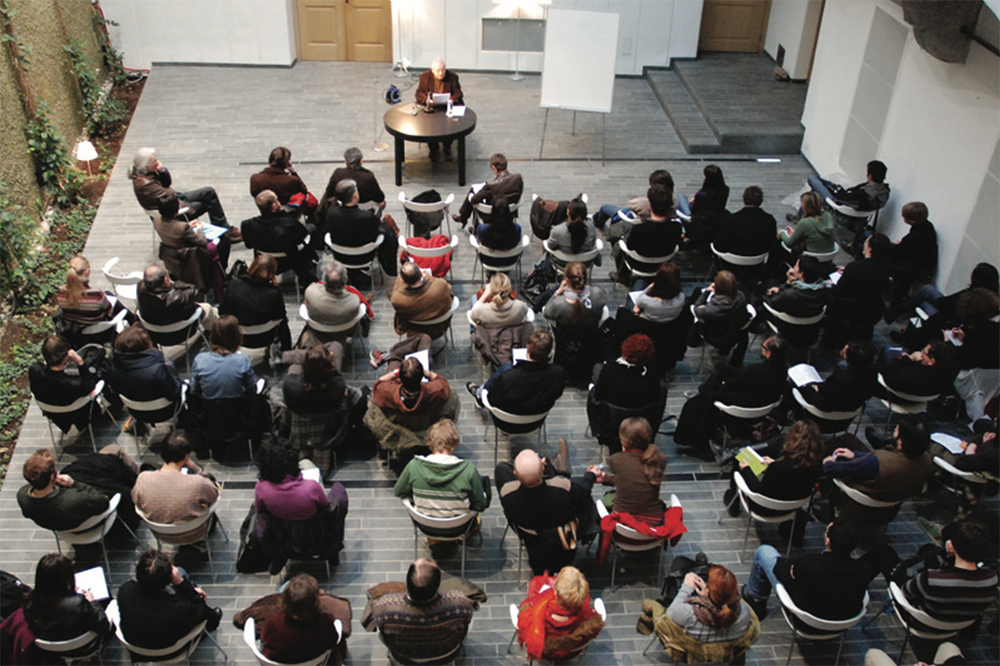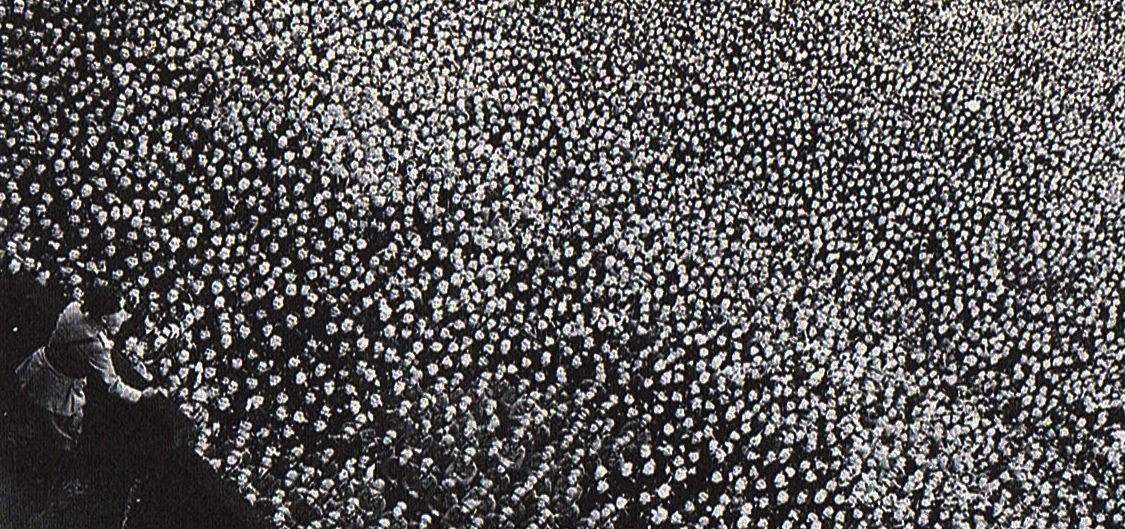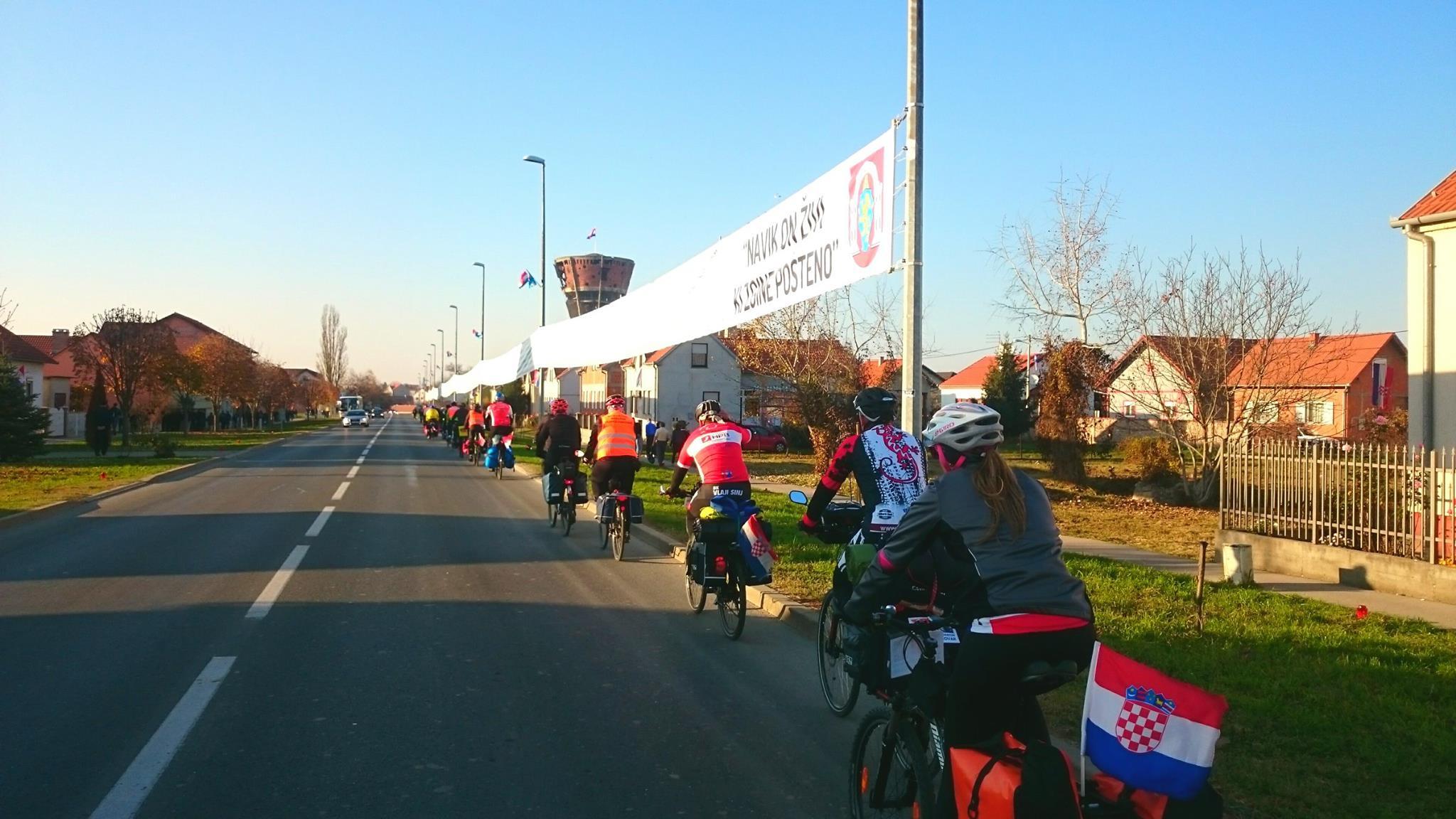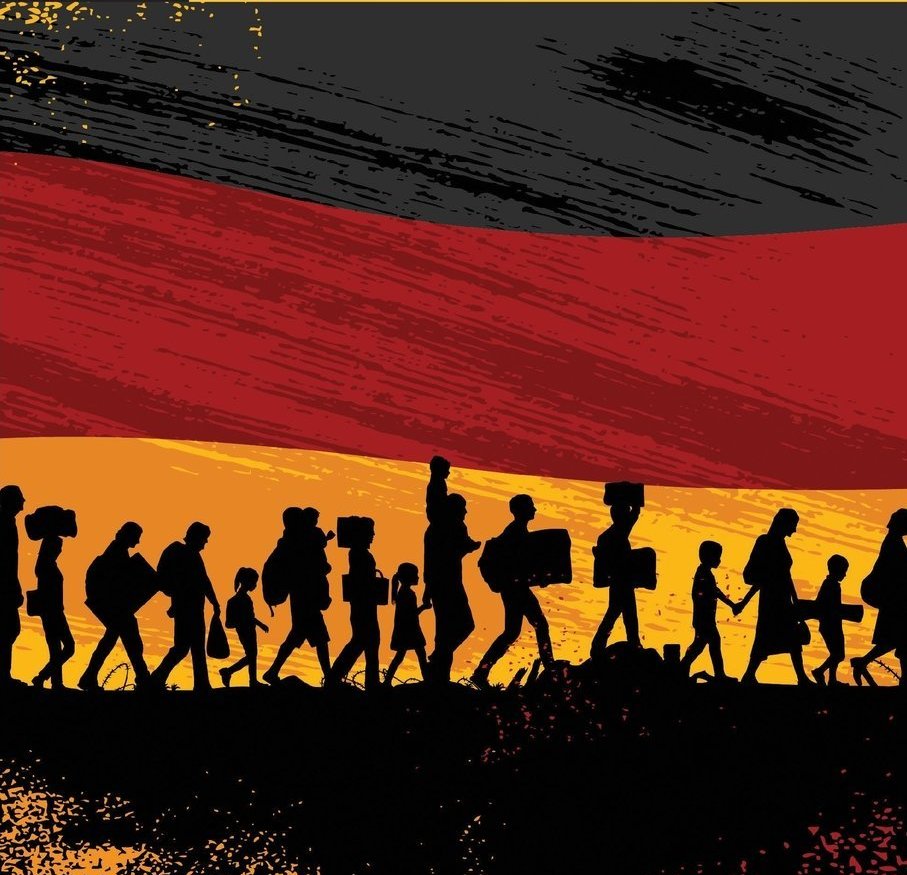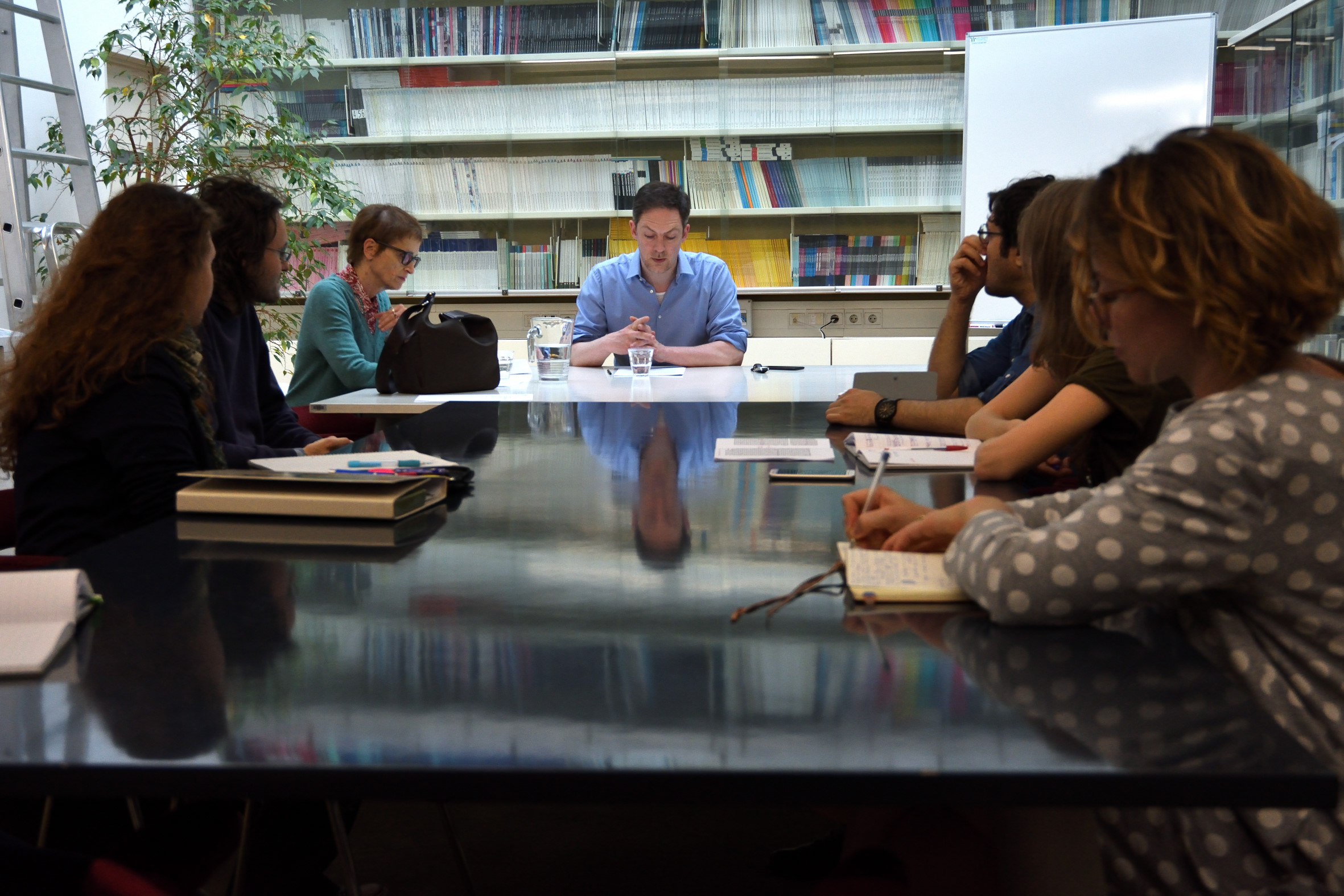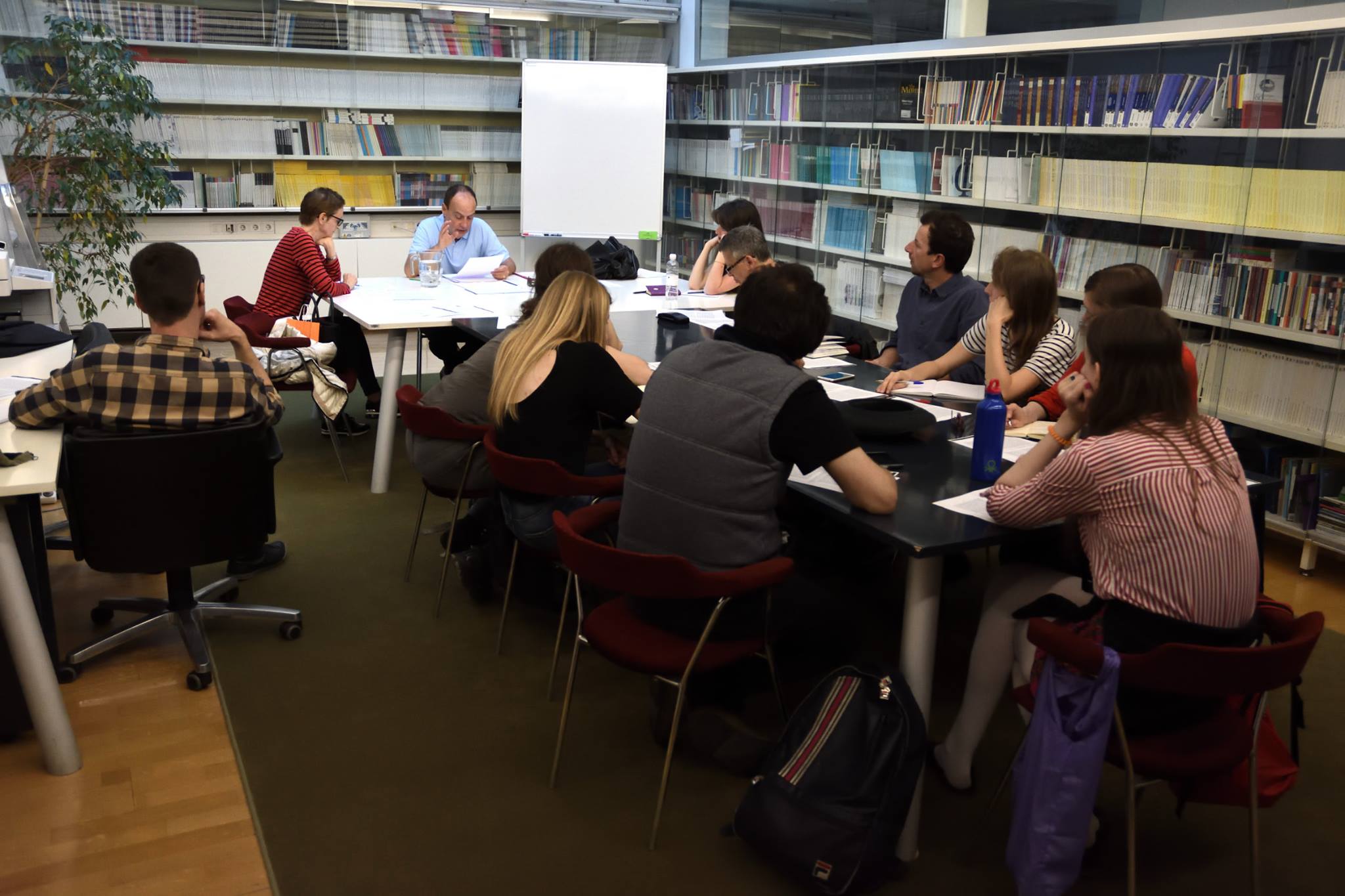Postgraduate School ZRC SAZU invites you to student seminars and public lecture by Assoc. Prof. Jan Völker:
Materiatur.
A seminar for students on Tuesday, 26th of November 2019 at 5 p. m. at Institute of Philosophy ZRC SAZU, Novi trg 2, 3rd Floor, Ljubljana:
1) Materiatur
‘Materiatur’ is a notion that Marx uses to describe the material reality in which abstract labour and money fuse, it captures the material realization of an abstract structure, the reality of the value, which exceeds the latter. As such, it cannot be grasped by the senses, and it cannot simply be deduced intellectually. It turns to presence only upon intervention on it, and it proves to be itself the materialization of a disavowed act. ‘Materiatur’ indicates a specific reality of thought as being a misapprehension of itself, enabling the external raise of its own contradiction. ‘Marx’ is more than the critique of the capitalist value; ‘Marx’ is the split within the Materiatur of modern thought.
Non-mandatory reading:
• Karl Marx, Capital, chapters 1-5.
A seminar for students on Wednesday 27th of November 2019 at 5 p. m. at Institute of Philosophy ZRC SAZU, Novi trg 2, 3rd Floor, Ljubljana:
2) Death Drive
Ever since Freud coined the notion of the death drive, this notion proved to be ambiguous. Not only is it difficult to fully discern Freud’s intention, but the death drive does also introduce a moment of speculation into psychoanalysis, as a kind of intruder into the psychoanalytic thought. Thought, in its psychoanalytic understanding, becomes divided by speculation. It carries within itself something alien to itself, a pure reflection, recoiling the vicissitudes of the drive from which it results. This alienated moment of reflection exceeds the case studies of psychoanalysis, but does not turn to become purely abstract, general notion of thought. The death drive can be read as a speculative split of thought, but in comparison to Marx, it does not present the external realization of this split, it rather cuts across the split as it is presented in Marx. Thus, inside the modern Materiatur, the death drive appears as the internal counter movement within the split.
Non-mandatory reading:
• Sigmund Freud, “Beyond the Pleasure-Principle”.
A seminar for students on Thursday 28th of November 2019 at 5 p. m.at Institute of Philosophy ZRC SAZU, Novi trg 2, 3rd Floor, Ljubljana::
3) Limit
In the Critique of Pure Reason, Kant ascribes a complicated history to the becoming of pure reason. The Critique is in many aspects the document of an odyssey, and it seems only consequent that in the end pure reason does even receive the means to defend itself against its enemies. But nevertheless, given the transcendental purity of pure reason, the question might be raised which voice it is that speaks to us as pure reason. Especially as this voice, active in the defense of its own, presents itself as a rather passive registration of limits. This defense of limits can be read as a frame of finitude, to which the understanding is restricted. But the limitation, stripped off its general aspiration, does also function as an orientation, as a direction, as a measure of concreteness applied to modern thought. The modern Materiatur of thought find itself inscribed within the frame of the translation of the metaphysical infinite into the worldly finite.
Non-mandatory reading:
• Kant, Critique of Pure Reason, “Transcendental doctrine of method”.
A public lecture on Friday 29th of November 2019 at 5 p. m. at Mala dvorana ZRC SAZU, Novi trg 4, 2nd Floor, Ljubljana:
4) Kenosis
Kenosis was translated by Luther as “Entäußerung”, and it can also be rendered as “Entleerung” – usually translated as “externalization” and “voidance”. For Hegel, the “Entäußerung” becomes a decisive term, often very close to and indistinguishable from the “Entfremdung”, “alienation”. “Entäußerung”, “Entleerung” and “Entfremdung” form a knot, difficult to disentangle, but kept together by a specific presumption: Namely that all three describe the process by which some preexistent substance mutates into different forms of its appearance. Thus, the “Entäußerung” seems to presuppose God, and “alienation” seems to presuppose the subject as an essential entity. But the Hegelian transformation of kenosis radicalizes the notion by erasing the assumption of a preexistent substance: What is, is only insofar it exists as externalized. This mechanism needs to be applied to Hegel itself. Hegel’s thought exists in its externalizations, as the realization of the modern Materiatur.
Non-mandatory reading:
• Hegel, Phenomenology of Spirit, “Preface”.
Assoc. Prof. Jan Völker, Ph.D., is a research associate at the Institute of Fine Arts and Aesthetics at the Berlin University of the Arts. He is visiting lecturer and Associate Professor at the Postgraduate School ZRC SAZU and at Bard College Berlin. His current work focuses on modern thought between Marx, Freud, Kant, and Hegel. Recent Publications include (as editor and translator) “German Philosophy”, a debate between Alain Badiou and Jean-Luc Nancy (MIT, 2018); “Badiou and the German Tradition of Philosophy” (Bloomsbury, 2019).
Seminars and lecture will be in English language.
Kindly invited!


